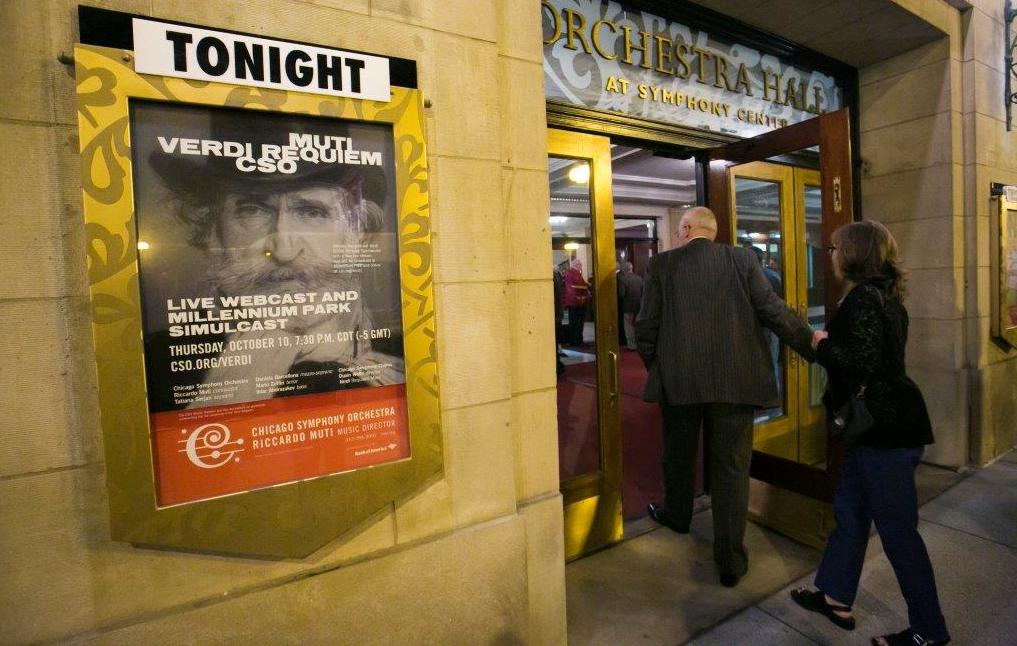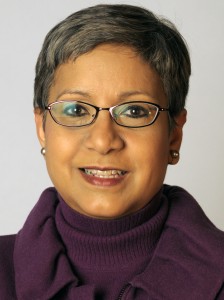As an editor at the Sun-Times for more than three decades, Laura Emerick was at the heart of the paper’s coverage of movies, theater, dance and classical music. An old-school journalist in the best sense, she earned the respect and admiration of the paper’s writers and arts critics, including Roger Ebert, who relied on her as his primary editor for 20 years.
But even old-school journalists can learn new tricks, and last August Emerick left the Sun-Times to join the Chicago Symphony Orchestra Association in the newly created position of digital content editor. Just as the CSO was reinventing its content marketing efforts from top to bottom, Emerick was reinventing herself, too.
On Tuesday, it all came together with the debut of CSO Sounds & Stories, a beautiful new website described as “an online multimedia magazine designed to enhance the concert-going experience and to bring the CSO closer to music lovers worldwide.” With Emerick as editor, the site combines editorial content from in-house and freelance writers with an array of audio elements, including excerpts of record releases and links to CSO Radio programs, and video content, ranging from artist interviews to live streaming of concerts.
“The whole idea is to grab patrons’ attention before they get here, engage them more fully with what they’re hearing here at Symphony Center, and then whet their appetite for the next performance,” Emerick told me.
Phil Koester, the CSO’s vice president of sales and marketing, said CSO Sounds & Stories marks the first time any major American orchestra has launched a dedicated music journalism site of its own. Clearly, the goal is good journalism and good business: “We are responding to changes in media consumption behavior and shifts in the media landscape, which have especially affected arts and music journalism,” Koester said in a statement. “Since publications now have fewer resources to devote to the arts, it is more difficult for the CSO to obtain media coverage, especially previews of coming programs. Therefore, we are using brand journalism and content marketing to tell our stories.”
Hiring Emerick was a masterstroke, since she combines the talent and temperament of a seasoned editor with an expert’s appreciation and understanding of the institution.
Describing her transition from “old print person” to full-time digital journalist as both challenging and rewarding, she said: “With any new job there’s a huge learning curve. And this is an especially complex place [that’s] really more like working at a college or an academic setting. They have a whole different mindset here. Still I’m basically doing what I did at the paper — assigning stories and working with writers. But now it’s on a digital platform instead of print.”
Ultimately, Emerick sees her editorial mission as helping the CSO make its music as accessible to the public as possible. “The title of the site is very literal for a purpose,” she said. “It’s to tell the story behind the music that might seem on the surface very complex and intimidating. But if you break it down to what is the backstory of this piece or maybe just put a human face on it, then people can make that connection rather than just sitting in the hall and letting the music wash over them.”



